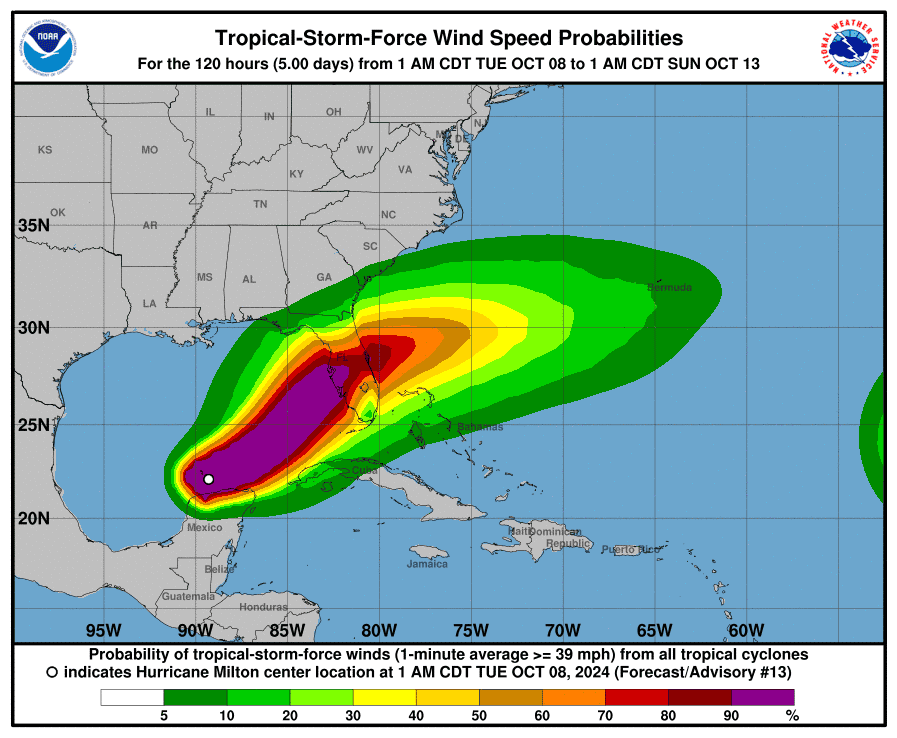
SmartAsset and Yahoo Finance LLC may earn commission or revenue through links in the content below.
Someone with $1.5 million in assets on top of Social Security income may be able to maintain a comfortable retirement starting at 65 with the right circumstances. While this is can be a relatively strong retirement profile depending on your needs, location and risk tolerance, you’ll need to plan carefully and make some critical decisions surrounding Social Security, your investments and spending. If you need additional help deciding whether you can afford to retire, consider speaking with a financial advisor.
Calculate Your Social Security Benefit
First, you’ll need to determine how much your Social Security benefits will be if you retire immediately at 65.
For someone born in 1958, the full retirement age is 66 years and 8 months. At age 65, you’d be collecting benefits 20 months early, which reduces your lifetime payments by 11.11%. For example, say you would have received the average payment of $1,759 per month or $21,108 per year at full retirement age. At age 65, you would instead receive $1,563 per month or $18,762 per year. Maximum benefits can pay up to $4,555 per month in 2023 if you wait until age 70 to begin collecting.
Your exact benefits depend on how many Social Security credits you earned while working. If possible, it would be wise to wait on collecting until full retirement age or later so that you can maximize your benefits. A financial advisor can help you determine when to start collecting Social Security.
Build an Income Plan

The next step is planning for other income. How much money can you generate from your combined savings, benefits and other assets?
First and foremost,if you have half a million dollars sitting in a low- or no-interest depository account, it’s likely not keeping up with inflation. You can do better.
Many investment pathways have a good chance of beating inflation so you don’t lose purchasing power to inflation over time. A financial advisor can help you create the right portfolio, as well as suggest other potential routes to sustainable financial health.
“Some of the excess $500,000 cash could be used to purchase permanent life insurance as this would provide a guaranteed tax-free death benefit,” said Bryan M. Kuderna, founder of the Kuderna Financial Team. “This might act as a ‘permission slip’ to spend down retirement assets and enjoy Social Security without disinheriting heirs and replenishing a lost Social Security check upon first spouse’s demise.”
Otherwise, the question is how to balance your income and risks. Depending on your spending and expenses, you should be able to generate enough income throughout retirement, but the scope of that income will depend on how you invest.
Before you restructure any investments, remember to consider required minimum distributions and withdrawal taxes, Kundera warns. “IRA distributions are reportable as taxable income, and as such, can push the IRA owner into higher tax brackets,” he said.
To understand different investment options, we can look at four possible alternatives for the $500,000 cash:
Option 1: Keep it in Cash
Say you keep everything in cash or cash equivalents. With $1.5 million in the bank, you can withdraw $50,000 per year for 30 years.
This is the weakest option. Coupled with even a mid-range Social Security income, this would likely be enough to live comfortably in most parts of the country, but not all.
Option 2: Invest in Bonds
The average interest rate on an Aaa corporate bond moves between 4% and 5%. With a 4% annual interest rate, a $1.5 million portfolio invested 100% in bonds could generate $60,000 per year without drawing down on the principal.
Option 3: Buy an Annuity
Annuities are often preferred by investors who want a mix of bond security and market payouts. A $500,000 annuity purchase could get you around $3,000 per month for life.
Option 4: Invest in a Balanced Portfolio
The S&P 500 has an average annual return of about 10%. Investing your entire $1.5 nest egg into the S&P 500 could produce approximately $150,000 in average annual income. That is, when the market meets its average return. There are years where the stock market suffers significant losses, including 2022 when the S&P 500 was down nearly 20%. Due to this risk, many retirees choose to have a more conservative portfolio, like a 60/40 portfolio.
Consider Your Spending

The combination of this income and however you structure it may be enough to retire on now at 65, but that depends entirely on your zip code, personal definition of comfort and any special circumstances.
Among other spending considerations, make sure to account for:
-
Known healthcare issues
-
Lifestyle and luxuries
-
Hobbies and travel
-
Bills and monthly spending
-
Gap and long-term care insurance
-
Housing in your community
-
Emergency funds
The last is important. When you live on a fixed income, it’s important to build financial flexibility for unexpected expenses. Whether this is as mundane as car repairs or as urgent as medical needs, keep a fund set aside for unexpected spending. Otherwise, you may find yourself reaching for money that isn’t there. A financial advisor can help you build a retirement budget based on your expenses and assets.
Bottom Line
You should be able to afford to retire comfortably with $1.5 million in assets, but be careful. While this is a lot of money, you’ll need a plan in place to ensure your assets can support your income needs and spending habits.
Retirement Planning Tips
-
Emergency funds are critical, especially for retirees who can’t generate new income. Fortunately, it’s not as hard to build one as you might think.
-
A financial advisor can help you build a comprehensive retirement plan. Finding a financial advisor doesn’t have to be hard. SmartAsset’s free tool matches you with up to three vetted financial advisors who serve your area, and you can have a free introductory call with your advisor matches to decide which one you feel is right for you. If you’re ready to find an advisor who can help you achieve your financial goals, get started now.
-
Keep an emergency fund on hand in case you run into unexpected expenses. An emergency fund should be liquid — in an account that isn’t at risk of significant fluctuation like the stock market. The tradeoff is that the value of liquid cash can be eroded by inflation. But a high-interest account allows you to earn compound interest. Compare savings accounts from these banks.
-
Are you a financial advisor looking to grow your business? SmartAsset AMP helps advisors connect with leads and offers marketing automation solutions so you can spend more time making conversions. Learn more about SmartAsset AMP.
Photo credit: ©iStock.com/JLco – Julia Amaral, ©iStock.com/RossHelen, ©iStock.com/Abdullah Durmaz
The post I’m 65 Years Old, Have $500k in Cash, $1 Million in an IRA and Social Security. Should I Retire Now? appeared first on SmartReads by SmartAsset.
EMEA Tribune is not involved in this news article, it is taken from our partners and or from the News Agencies. Copyright and Credit go to the News Agencies, email news@emeatribune.com Follow our WhatsApp verified Channel




